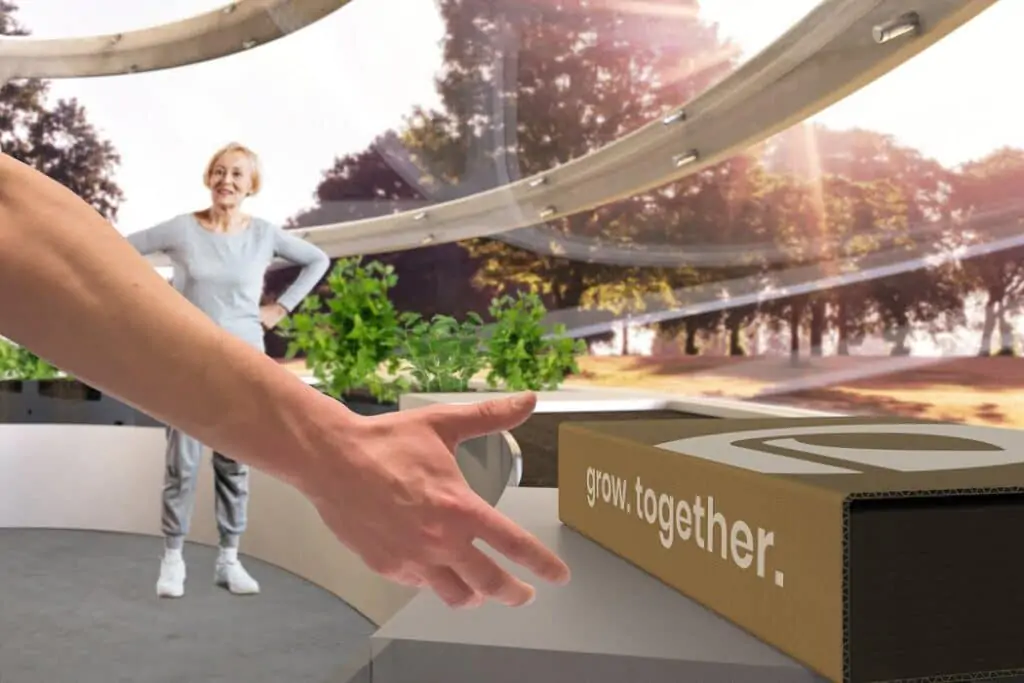Gardening offers many proven physical and mental health benefits that alone are worth growing your own garden.
Given the due proportions, obviously community gardens bring the same benefits. Interacting with members of your community while growing plants, crops and flowers not only makes fresh food available to all who help grow it, it also brings people closer.
Enjoying nature in company

Enrich Group, a team of designers from Virginia Tech University, has created its own system of community gardens to help create human connections and bridge different generational gaps within the community.
Gardening promotes many physical and mental health benefits, including increased physical activity, relaxation, and access to fresh food.
The Enrich Group project aims to combine physical activity and mental relaxation with an environment that cultivates not only vegetables, but multigenerational relationships.

After a year of social isolation, the initiative to create these social gardens is very beautiful. Especially if combined with the aim of increasing exchanges between different generations, another factor in difficulty.
How are these “intergenerational” gardens made?
Cultivating authentic relationships between people of different generations through gardening is “the embodiment of intentional living,” they say on the team.
Through community gardens we all have the opportunity to grow together.

The interior of the greenhouse is designed to look similar to traditional meeting spaces, with an island or table in the center containing the main of the cabin's mini gardens: the herb garden.
The main island is also multi-level to optimize the internal space of the greenhouse. The suspended plants form an external ring that "scales" the walls.
In addition to the plant tank, the garden spaces around the perimeter of these gardens feature health monitors for each plant, sliding containers with open handles for easy access, as well as a general workspace.

An accessible, modern and public hub with glass-coated acrylic panels, aluminum and wood inserts.
Getting to know each other in the vegetable gardens
Designing what could be a 'socio-environmental' trend of the future, the team created these gardens to allow people to cultivate crops and cultures, as well as interpersonal relationships.
Will it be a popular mode for you? Will we have neighborhoods in the future that will share small greenhouses like these to heal plants and relationships?
The model is simple: you get a card and sign up. At the entrance, a computer allows us to check the "difficulty" of our flowerbed with a test to understand if we are capable. We choose the vegetable to grow and start taking care of it.
Every now and then we pass by, have a coffee and have a chat with a friend, then when the vegetables are ready we "do the shopping" and take them home.





